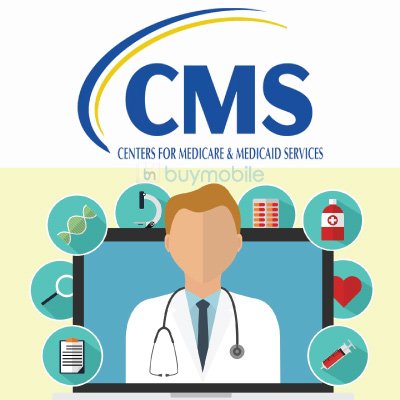what is cms in healthcare
In today's modern world, healthcare is one of the most important aspects of human life. A key part of providing quality healthcare is through efficient and effective management of patient information. This is where a CMS or Content Management System comes into play.
A CMS in healthcare is a software application that is designed to manage digital content, including documents, videos, images, and patient information. The CMS enables healthcare providers to store, manage, and share information in a secure and controlled manner. The system is highly beneficial for healthcare organizations as it ensures that important information is accessible to authorized users, while maintaining data integrity and privacy.
Here are some of the key benefits of using a CMS in healthcare:
Improved Communication - A CMS allows healthcare providers to share patient information in a centralized location. This makes it easier for healthcare professionals to communicate and collaborate, leading to better patient outcomes.
Streamlined Data Management - With a CMS, healthcare providers can quickly and easily organize patient data. This improves efficiency and reduces the risk of errors or omissions.
Secure Storage - Patient information is highly sensitive and must be kept secure. A CMS provides a centralized location for storing patient information, and access to this information can be controlled to ensure privacy.
Customization - A CMS can be customized to fit the needs of each healthcare organization. This means that each organization can set up the system to work in a way that best suits their unique requirements.
Reduced Costs - With a CMS, healthcare providers can reduce costs associated with paper-based systems, such as printing, storage, and distribution. Additionally, using a CMS can help reduce administrative costs and improve overall efficiency.
CMS in healthcare has transformed the way patient information is managed, and it is a key tool for improving patient outcomes. Whether you are a small clinic or a large hospital, a CMS can help you manage patient information in an efficient and secure manner, leading to better care and treatment.
what does cms mean in healthcare
In the world of healthcare, CMS stands for the Centers for Medicare and Medicaid Services. The CMS is a federal agency that is responsible for administering programs that provide healthcare coverage to millions of Americans.
The CMS oversees two primary programs: Medicare and Medicaid. Medicare is a federal health insurance program that provides coverage to people over the age of 65, as well as those with certain disabilities. Medicaid, on the other hand, is a joint federal and state program that provides healthcare coverage to low-income individuals and families.
While the CMS is primarily known for its role in administering these two programs, the agency also plays a critical role in driving improvements in the quality of care provided to patients. The CMS has established a number of quality initiatives aimed at improving patient outcomes, reducing healthcare costs, and promoting patient-centered care.
Some of the key initiatives established by the CMS include the Hospital Value-Based Purchasing Program, which rewards hospitals for delivering high-quality care, and the Accountable Care Organization (ACO) program, which incentivizes healthcare providers to work together to improve care coordination and reduce costs.
The CMS also works closely with healthcare providers to help them transition to new payment models, such as value-based care, which prioritize patient outcomes over the volume of services provided. The agency provides training and resources to help providers implement these new models, and works to ensure that the transition is as smooth and effective as possible.
In addition to its work on quality improvement, the CMS also plays a critical role in ensuring that healthcare services are accessible and affordable to all Americans. The agency administers a number of programs aimed at expanding access to care for low-income and underserved populations, and works to ensure that healthcare providers are compensated fairly for the services they provide.
In conclusion, the CMS plays a vital role in the healthcare system in the United States, administering programs that provide healthcare coverage to millions of Americans and driving improvements in the quality of care provided to patients. The agency's work is critical to ensuring that all Americans have access to high-quality, affordable healthcare, and that the healthcare system continues to evolve to meet the changing needs of patients and providers alike.




